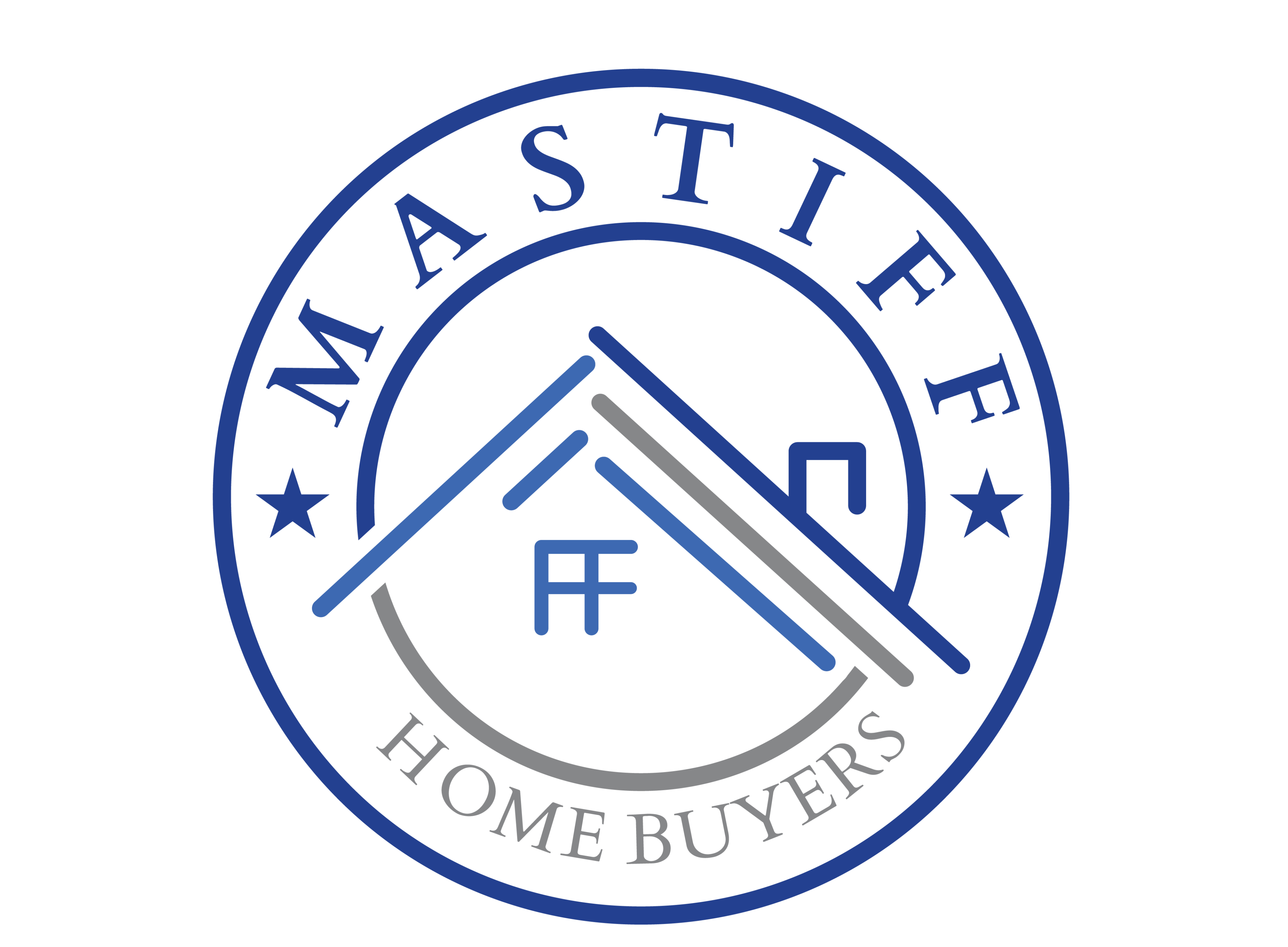Your house is your home and it can also be an asset if you buy right and maintain it.
48 states saw home equity levels increase from the third quarter to the fourth quarter in 2021, while seriously underwater mortgages decreased in 46 states.
ATTOM released its fourth quarter U.S. Home Equity & Underwater Report, showing that nearly 42% of mortgage residential properties in the United States were considered equity-rich
Equity is what you need to make your home an asset. However, if your can’t afford it and can’t grow any equity, it becomes more of a liability.
When I bought my first home, I didn’t even know what equity was, and no one ever said “Hey, equity is what you need to make your home an asset”, so it certainly was not on my mind when I made my purchase. We had rented for 7 years and as a young mom, I was excited to buy a place that would be mine. I wish I had known about equity and how to make my home an asset.
Asset vs Liability
What I didn’t know was, if you buy right, a home can become an asset, a financial asset. Most people buy their homes and it become a liability for them. Technically the bank owns the home with the security of the mortgage place against it. Often, people owe too much and are constantly making payments that mostly go to interest (the bank) in the beginning. The mortgage is the debt that is attached to the home, and that debt is equal to, or sometimes more than what the market value of the house is. When this happens, the house becomes a liability, something that you are paying for without any growth in your equity.
Create An Asset
Building an asset involves more than just purchasing a property; it’s about nurturing its value over time. When you consistently pay down your mortgage, you’re not only reducing your debt but also increasing your equity in the property. This equity is the difference between the market value of your home and what you owe on it. It’s essential to resist the temptation to tap into this equity for short-term pleasures like vacations, new cars, or non-essential items. Such expenditures can quickly turn into liabilities, draining your resources without offering long-term financial benefits.
Moreover, as time goes by, properties often appreciate in value due to market dynamics. The value of your home is influenced by the prices at which similar properties in your vicinity are trading. As neighboring properties fetch higher prices, the perceived value of your home also rises. This dual effect of reducing your mortgage and the potential appreciation of your property means that over time, the gap between your debt and the market value of your home widens. When your equity surpasses your debt, you’ve successfully transformed your property into a valuable asset. This asset can serve as a foundation for future financial stability and growth.
Buy Right and Pay Extra
I urge you to consider homeownership as a financial strategy. When purchasing a home, it’s crucial to find a deal that doesn’t stretch your budget to its limits. Opt for a mortgage that allows you to save comfortably each month. One effective strategy is to allocate a portion of these savings towards your monthly mortgage payment. By adding an extra $50, $100, or even $200 to your regular payment, you can significantly reduce the loan’s lifespan. This additional amount directly impacts the principal and interest, accelerating your path to full ownership. Over time, these seemingly small contributions can lead to substantial savings in interest. Remember, turning your home into an asset isn’t just about buying; it’s about smart financial management. I’m delighted to share this insight with you, and I hope it offers a clearer perspective on leveraging homeownership for financial growth.
Have Equity When You Need To Sell

When the time comes for you to sell your property, the more equity you have the better. That equity can be used to purchase another home or could be invested for later use such as retirement or to grow wealth.
In some cases, you may not have equity in your property and you will have a hard time selling with a real estate agent. I experienced this when I sold my home in 2007. I had refinanced following a divorce and taken out cash to pay off bills and spend. I had no idea of the difficulty this would cause for me. When it came time to sell, I didn’t even have enough equity to pay the real estate agent fees and I had to bring money to closing. Trust me, this was absolutely awful.
You don’t have to go through what I went through because Mastiff Home Buyers is here to help. Having no equity is no problem for us as we still have options to purchase your house fast and help you move on. Why not give us a call at (816) 750-5325 to see if we can help you? You can also fill out the form below to get started.

